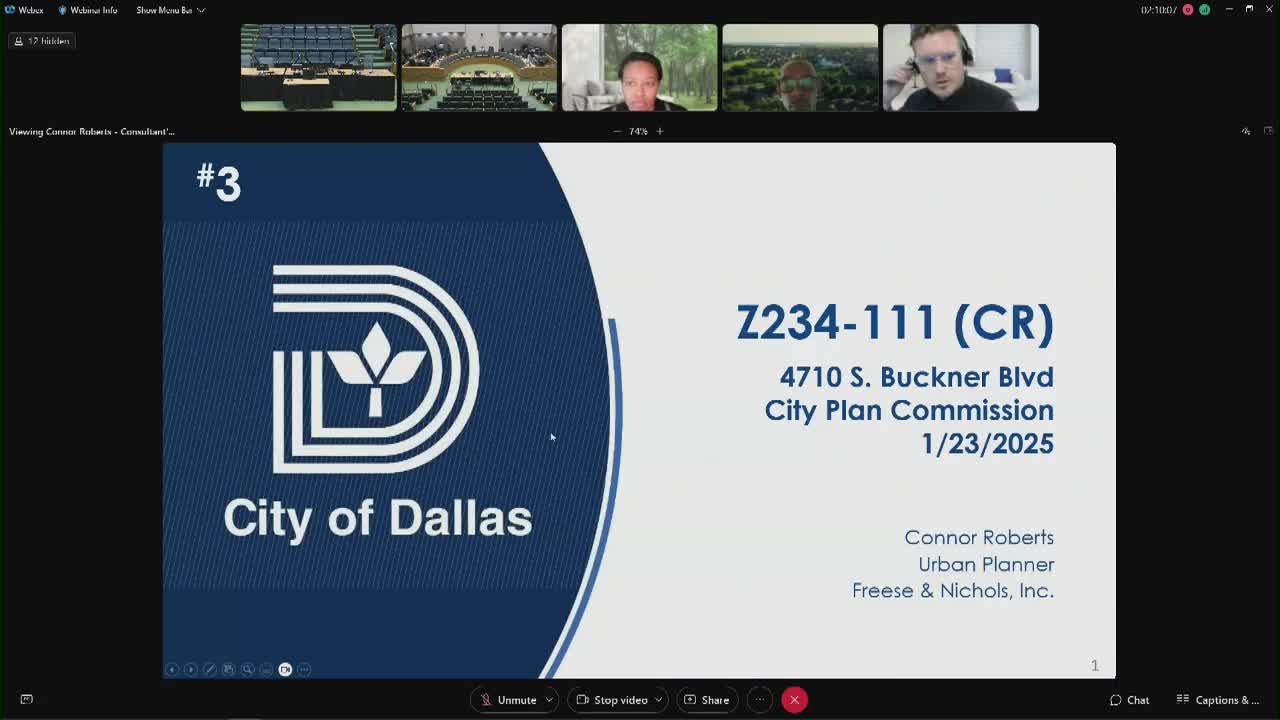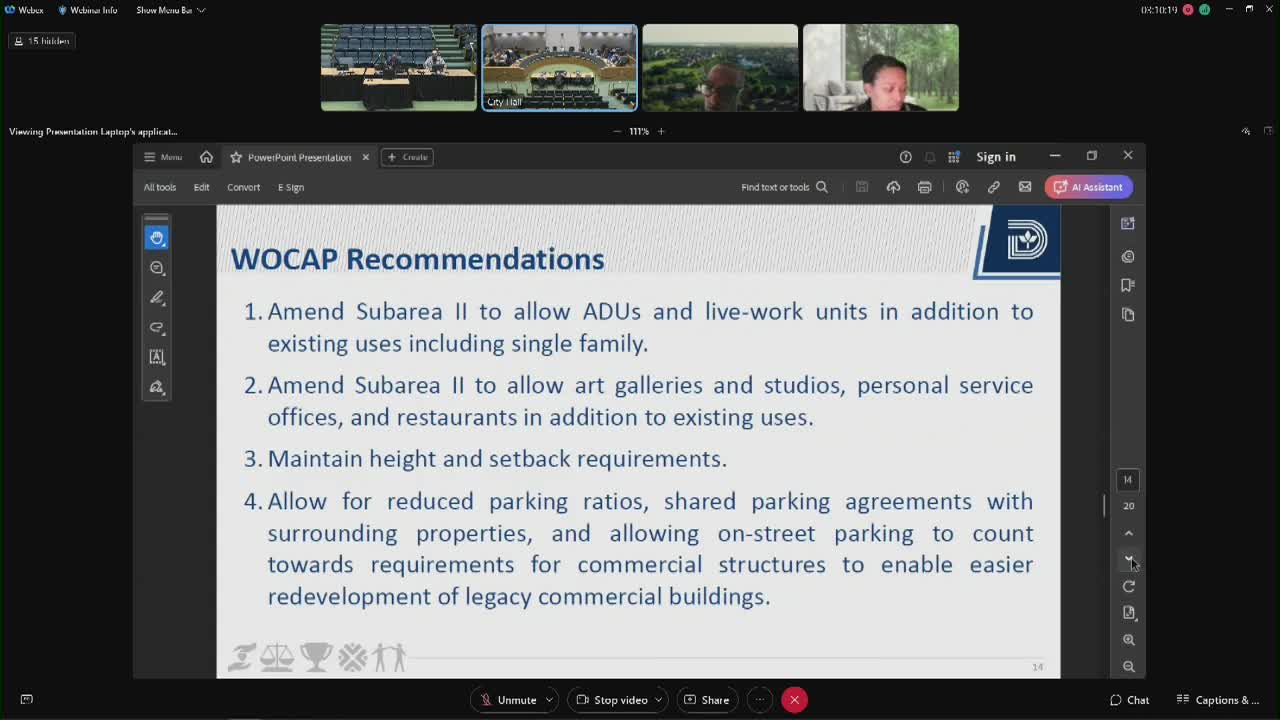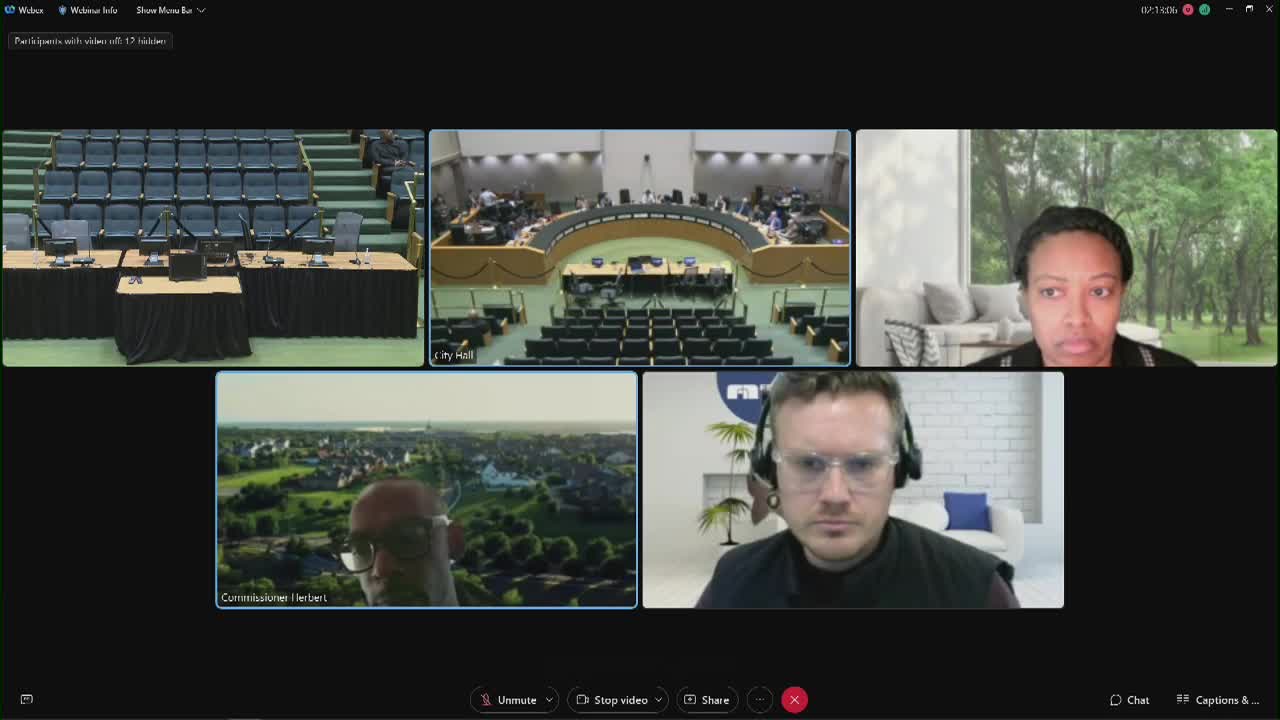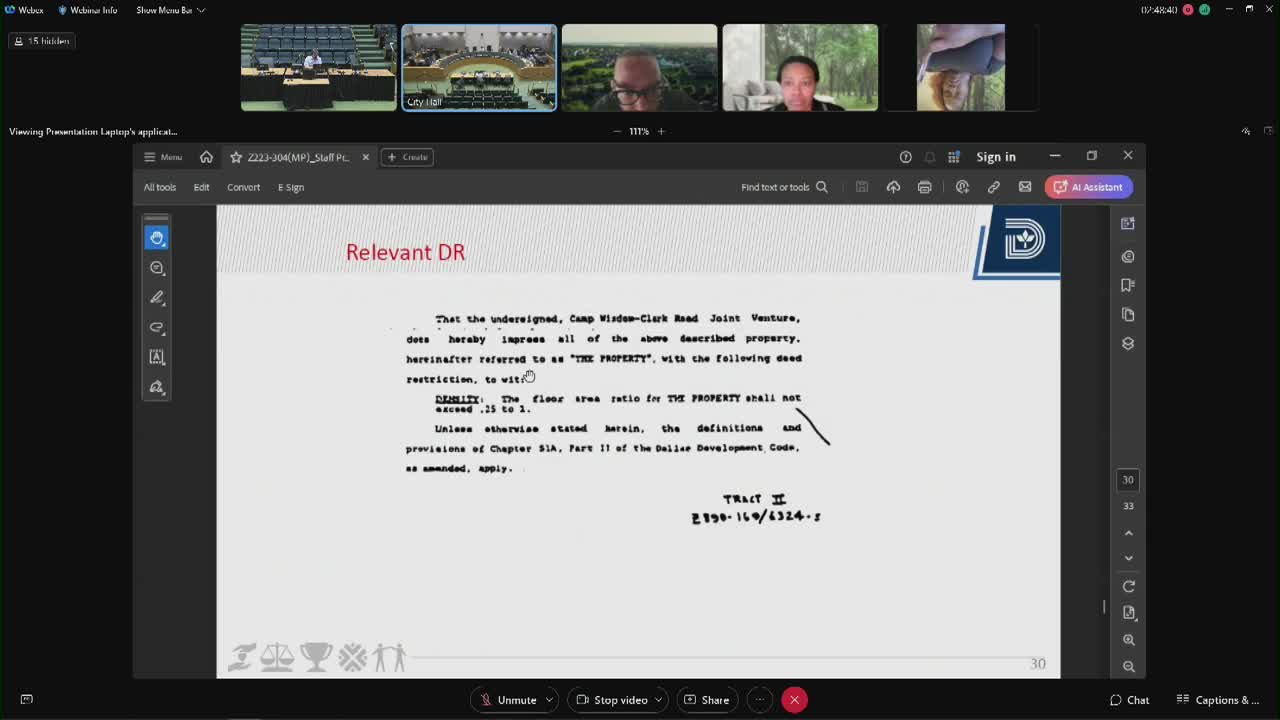Article not found
This article is no longer available. But don't worry—we've gathered other articles that discuss the same topic.

CPC weighs 7‑Eleven liquor renewals, approves one with no automatic renewals and defers another for neighborhood talks

Pepper Square rezoning remains unresolved after packed CPC session; commissioners postpone vote

Commission approves 53‑unit shared‑access townhouse PD on Ferguson Road despite neighbor concerns

